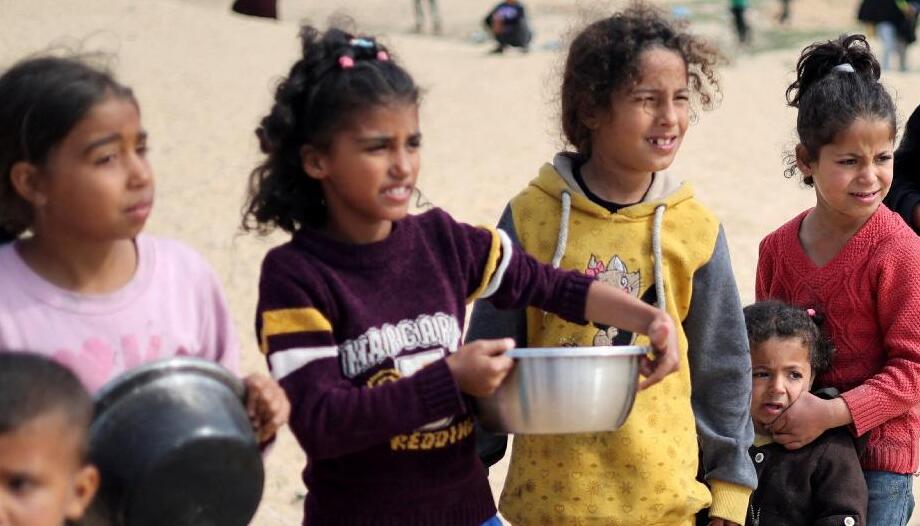Pope Francis again this morning called for an immediate cease-fire in the Gaza Strip, so that humanitarian aid can reach the civilian population, and for the release of hostages, and expressed his "deep sadness" over the death of seven aid workers following an Israeli bombing. "I pray for them and their families," he said.
He also showed the rosary and a New Testament of Alexander, a young 23-year-old soldier killed in the war in Ukraine. On this occasion, the Pontiff called for an end to "the madness of war, which always destroys", and asked not to forget "the tormented Ukraine, so many dead!
At that time, at the end of the General Audience On the Wednesday of the Octave of Easter, the Pope asked for a moment of silent prayer for all the dead, asking that we "pray" for peace, with the testimony of Alexander and of so many young people killed in this war and in others that plague the world.
The death in Gaza the day before yesterday of seven aid workers from the non-governmental organization World Central Kitchen (WCK), founded by chef José Andrés, has shocked the international community. The NGO's deceased include British nationals, citizens of Australia, Poland, a Palestinian and a dual US/Canadian citizen.
Justice, fundamental for peaceful coexistence
Today's Audience took place in St. Peter's Square and the Pope read all his speeches in person before numerous groups of pilgrims and faithful from Italy and around the world. In his address in Italian, he continued the cycle of catechesis on "Vices and Virtues" by focusing his reflection on the theme of justice with a reading of an excerpt from the Book of Proverbs 21.
The second of the cardinal virtues is justice. It is the social virtue par excellence. The Catechism of the Catholic Church defines it as follows: "The moral virtue that consists in the constant and firm will to give to God and to one's neighbor what is due to them" (n. 1807), Francis began by quoting the motto that represents it: "unicuique suum - to each his own".
It is a fundamental virtue for peaceful coexistence in society, which consists of regulating relationships -with God and among people- with fairness, giving each one his due; and for this reason it is symbolically represented by a scale.
"Without justice there is no peace"
"The just person is upright, simple and honest; he knows the laws and respects them; he keeps his word; in his speech he does not use half-truths or deceitful subtleties. To live this virtue it is necessary to watch and examine oneself, to be faithful "in little and in much," and to be grateful."
"Justice is an antidote to corruption and other harmful behaviors -such as slander, false testimony, fraud, usury- that eat away at fraternity and social friendship. For this reason, it is essential to educate in the sense of justice and foster a culture of legality". "Without justice there is no peace," the Pope said.
In his words to pilgrims of different languages, the Holy Father prayed that "the light of the Risen Christ may guide us along paths of justice and peace, and the life-giving power of his love may make us bold builders of a more fraternal and united world. May Jesus bless you and the Holy Virgin watch over you".
Divine Mercy Sunday
In greeting the Polish pilgrims, Pope Francis recalled the Divine Mercy Sundaywhich the Church celebrates on April 7, and which "recalls the message of saint Faustina Kowalska. Let us never doubt God's love, but let us firmly and confidently entrust our lives and the world to the Lord, asking him especially for a just peace for the war-torn nations".









